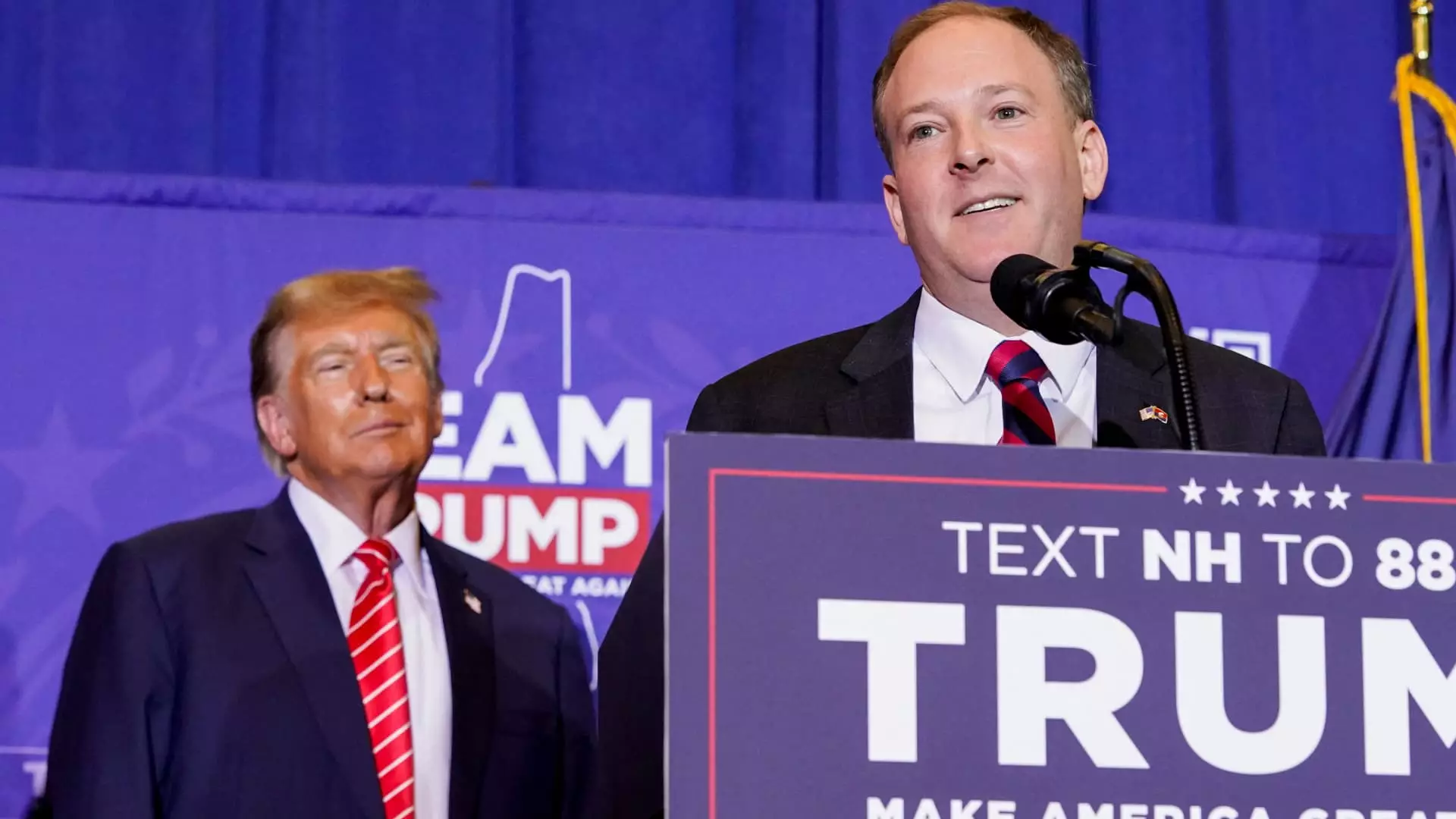The recent announcement from President-elect Donald Trump regarding key appointments in his administration raises significant questions about the future trajectory of U.S. environmental and diplomatic policies. With the selection of former Rep. Lee Zeldin as the administrator of the Environmental Protection Agency (EPA) and current Rep. Elise Stefanik as the U.S. ambassador to the United Nations, Trump appears to be reinforcing a strategy aligned with traditional Republican values, prioritizing deregulation and nationalistic approaches to foreign policy.
Arriving at the helm of the EPA, Lee Zeldin has made quite a reputation as a staunch advocate for “America First” economic policies. Trump’s assertion that Zeldin will work towards both unleashing business potential and maintaining high environmental standards reflects a paradox that many analysts have pointed out. Under Zeldin’s leadership, observers are concerned that the existing regulatory framework intended to protect the environment might be compromised.
Zeldin’s previous tenure as a member of the House of Representatives yielded a notably low environmental score by the League of Conservation Voters—just 14%. This raises alarms about the prospective rollback of critical regulations that have been established to safeguard air and water quality. Critics assert that such deregulatory agendas could pave the way for corporate exploitation of environmental resources, compromising the health of both the environment and, by extension, human populations.
The executive director of the Sierra Club’s harsh rebuke of Zeldin underscores a widely shared skepticism about the administration’s commitment to environmental stewardship. The accusation of selling out public health to corporate interests raises necessary questions about accountability and the ethical responsibilities of an EPA that could, under Zeldin, cater more towards industrial growth than ecological preservation.
On the diplomatic front, Elise Stefanik’s appointment as the U.S. ambassador to the United Nations seems to reinforce a militaristic, “Peace through Strength” doctrine, as promoted by Trump. Given her position on various critical committees—House Armed Services and House Intelligence—there is a palpable shift towards a more hardline stance internationally, particularly regarding security and military matters.
Stefanik’s history as the first Congressional member to endorse Trump indicates a considerable alignment with his governance style and policy priorities. Nonetheless, this is mirrored by a looming question: Will her ascent to a significant diplomatic role affect the Republican majority in the House of Representatives? With the GOP’s control precarious and the possibility of a narrowed majority, Stefanik’s new appointment signifies both opportunity and risk for the party’s stability moving forward.
Moreover, Stefanik’s history of advocacy against antisemitism indicates she may pursue critical social issues on international platforms. However, the broader implications of her being in the U.N. spotlight could lead to increased tensions, especially with maintaining relationships with countries that differ from the U.S. both ideologically and politically.
As Trump embarks on assembling a Cabinet that reflects his core values, the implications of such appointments are becoming increasingly evident. The choice of individuals like Zeldin and Stefanik exemplifies a decisive pivot towards an administration that prioritizes synergy with corporate interests and a perceived muscular foreign policy approach.
With public sentiment likely polarized regarding these appointments, the debate over environmental policy and the U.S.’s role on the global stage is set to intensify. The possibility of pushing forward with aggressive deregulation and assertive diplomacy could be met with robust opposition from various sectors, including environmental groups, social activists, and even moderate Republicans.
Thus, as we delve into the nuances of these appointments, it becomes imperative to critically evaluate their potential impact on both national and global fronts. Zeldin’s and Stefanik’s past actions and affiliations illustrate the ideologies they may propagate, which could influence future legislation and international relations in unforeseen ways. As Trump’s administration unfolds, one can only anticipate the reverberations of these initial steps in the corridors of Washington and beyond.


Leave a Reply